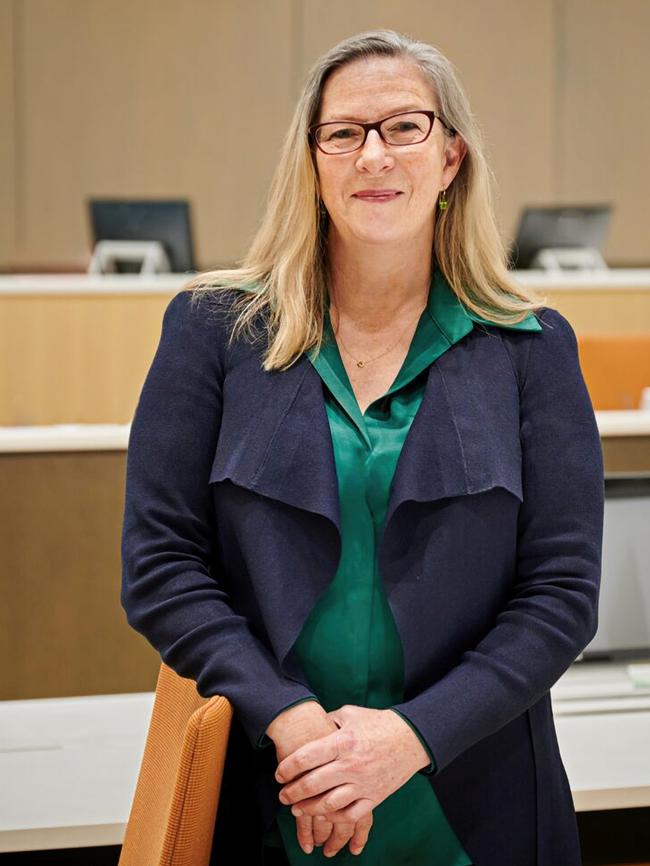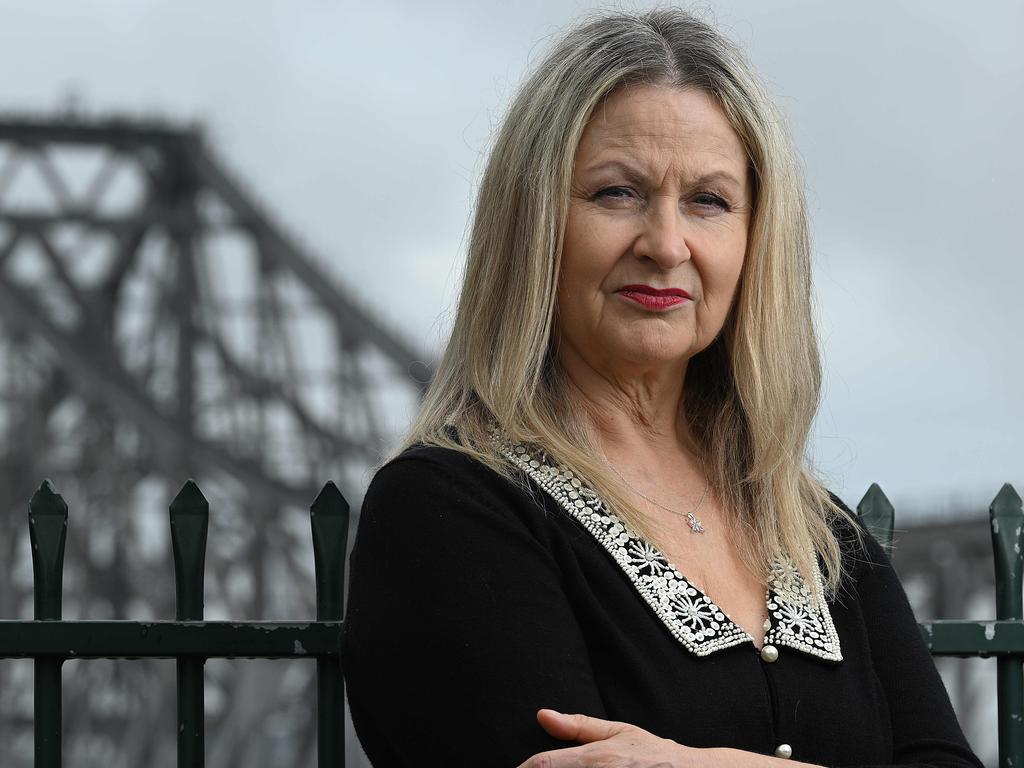Private witness rooms, judge training, therapy dogs: how rape laws are evolving in Australia
A road map to improve the experiences of rape complainants has laid bare key goals for justice reform, including specialist sexual assault courts and mandatory rape training for people serving alcohol.

A national road map published by a working group charged with improving the experiences of rape complainants has laid bare key goals for justice reform, including plans for a specialist sexual assault court in the ACT, mandatory rape training for people wanting to serve alcohol in Victoria, and an affirmative consent model in Queensland.
The plan, which has become the latest development in an ongoing Labor-led push to boost convictions and improve justice responses to sexual violence, sets out the working group’s short and long-term goals, as well as looking back on key developments from the past 12 months.
Quietly published by the federal Attorney-General’s Department late last year, it praises reforms such as fitting courts with remote evidence rooms that allow complainants to avoid facing their alleged perpetrator, compulsory training for judges on the impacts of rape, and the creation of specialised community legal services for rape cases.
“Sexual assault continues to be under-reported in Australia, with victim-survivors facing complex barriers to seeking justice,” the introduction to the road map reads, citing a statistic showing 22 per cent of adult women have experienced sexual violence.
“Over 90 per cent of women who experienced sexual assault by a male did not report the most recent incident to police.”
The annual update comes amid courts experiencing tension over the treatment of sexual assault cases, with a review from the Australian Law Reform Commission into justice responses to sexual violence to be published later in January.
An interrogation of rape laws commissioned by the Albanese government and released in October praised a shift towards affirmative-consent models that require less scrutiny of complainants in courts, and lead to more frequent prosecutions of nuanced sexual violence cases.
In NSW, some rape prosecutions have come under significant criticism from District Court judges for having too little evidence to secure a conviction. In Victoria, silks are firmly opposing a “drastic” bill that would lead to the cross-examination of rape complainants being axed from the committal stage of a hearing.
The road map lists various legal protections implemented across the nation over the past year, including in the areas of deepfake porn, child sexual abuse, non-fatal strangulation and sex work.
It makes reference to a commonwealth amendment that “allows evidence of vulnerable persons to be recorded if that recording could be used in subsequent proceedings” and a new Victorian bill that would allow the “ongoing use of digitally recorded statements as evidence-in-chief in criminal proceedings for family violence offences”.
These reforms were introduced to prevent a complainant having to give repeat evidence of traumatic events.
In Tasmania, a bill was introduced to clarify special measures available to adults who are complainants in child sexual abuse matters, including having a support person present, giving evidence at a special hearing before trial, and being shielded from view of the accused person.
Similarly, a bill was introduced in South Australia to ensure that victims who are entitled to provide a victim impact statement are given an adequate opportunity to exercise that right.
The plan listed measures to ensure judges were instructed properly in the “nature and impact” of sexual offending, with the National Judicial College of Australia last year developing and commencing the delivery of specialised training.
The Australian Institute of Judicial Administration in 2024 also hosted a three-day forum for judges, focused on “enhancing judicial officers’ knowledge on the nature and impacts of sexual assault and capabilities in engaging with victim-survivors”.
ACT Chief Justice Lucy McCallum in November claimed “culture wars” could be leading to the acquittal of accused rapists, and said she did not understand why jurors “find it so hard to believe” complainants.

Her comments sparked rare backlash from the jurisdiction’s peak barrister’s body, with Bar Association president Brodie Buckland saying her theories on whether culture wars or “traumatic” evidence might be swaying juries “ought to be rejected”.
According to the road map, the ACT has implemented dozens of measures to improve outcomes for complainants, including implementing a Sexual Violence Legal Service to offer “wraparound services including legal advice and representation, financial assistance and counselling” to improve complainants’ interaction with the justice system.
The ACT courts also offer a therapy dog program to reduce “anxiety and stress for court users and is primarily focused on vulnerable witnesses, including children, accessing the remote suite to give evidence”.
Chief Justice McCallum is also working on a new practice direction “which will establish a specialist list dedicated to progressing sexual assault cases to trial”.
“The ACT government will work with the ACT courts and tribunal and our stakeholders to identify specialist measures for sexual assault proceedings that can be realistically and practically adopted in the foreseeable future in the ACT,” the road map says.






To join the conversation, please log in. Don't have an account? Register
Join the conversation, you are commenting as Logout